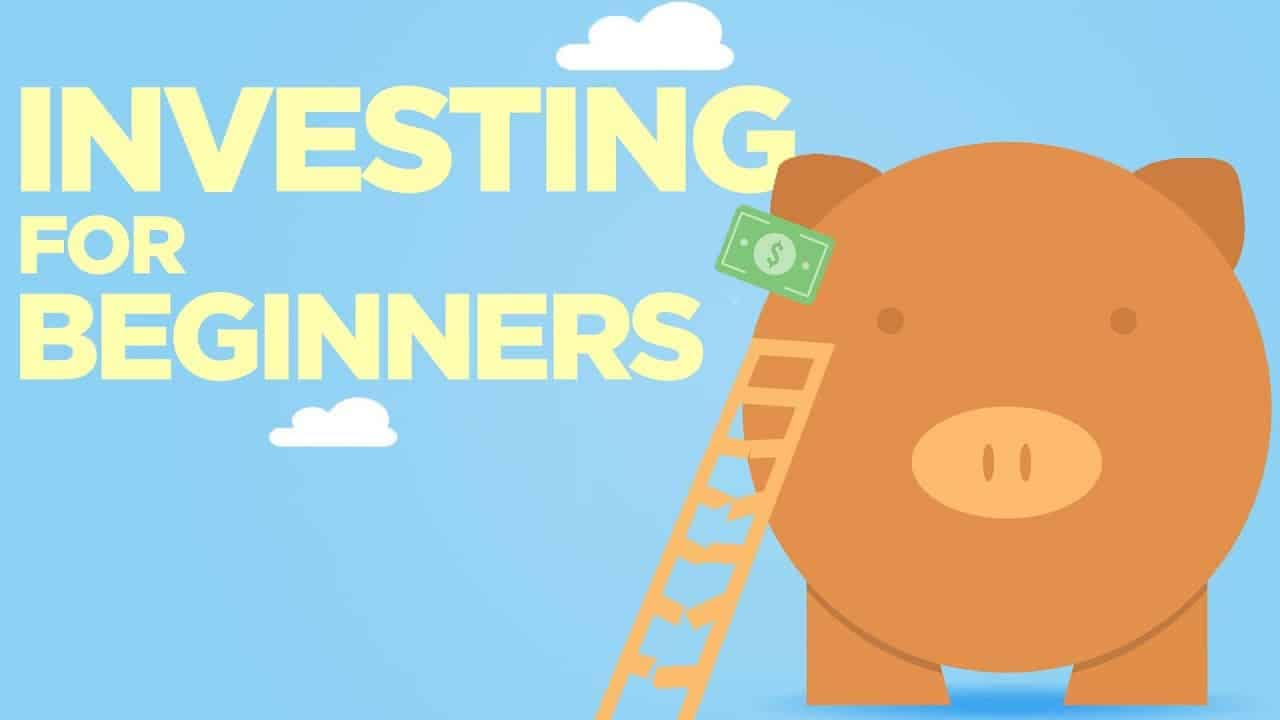How to Start Investing?
What is a Stock or Share?
When you buy a share, you buy a small part of a company and become what is called a shareholder. Shareholders have the opportunity to attend the company’s annual general meeting, and thus have an impact on operations. Also, you obtain the right to receive dividend payments on equal terms with other shareholders if the company’s management and board of directors choose to pay dividends (part of the company’s profits).
Where do I buy a stock?
Buying shares requires setting up a depository (an account for your shares) with your bank or on an online trading platform, such as eToro or Saxo.
A trading platform is a kind of distributor between you and the stock exchange. In Denmark, the stock exchange is called Nasdaq OMX Copenhagen, and Hong Kong called the Hong Kong Stock Exchange.
You do not trade directly on the stock exchange, just as you do not trade milk directly with the farm, but with the grocery store.
Trading platform providers charge an annual fee for your deposit, while others are free of charge. Nearly all trading platforms charge a fee (brokerage) for each stock trade you make. These fees you need to consider when shopping. Generally should choose a low fee platform like eToro, M1 Finance or Saxo investor. The platform available depends on your country of residents, as not all platforms are available in all countries.
When should I start Investing as a beginner?
Many people mistakenly believe that buying and selling stocks is about timing the market and investing at the right time. That’s not the case. Because if you try to time the market, you can potentially miss the best trading days – and of course the worst.
“Investing is like surfing: if you want to catch the biggest wave, you have to move out into the water instead of waiting on the beach. The same principle applies to investing, where you only enjoy the best days of the market if you are in the market“
Historically, being ‘out’ of the market on the best days has been far worse than being ‘inside’ the market on the worst days. Because even though the ‘best’ days can usually be counted on one hand, they account for a large part of your return. If you are not in the market, it can therefore negatively affect your return. Should be noted historically the best trading days follow right after the worst days.
You cannot be too old or young to start investing. The younger you are the longer time your money can work and compound for you. But even if you are in your 30s, 40s, 50 or 60s it is not too late. It is a matter of your goal and dreams at your age level. You can also think of your legacy, and what wealth you can pass down to your kids and grandkids.
How much should I invest for?
Never invest for more than you can afford to lose. It is important that you can sleep safely at night. If you are investing a small amount, be aware that fee eats some of your return. We therefore recommend a lower limit of 500 per purchase before it pays to invest (but if you have minimum fees on your trading platform, calculate how much you should put down to match the minimum fee to breakeven.
Are you planning to invest larger amounts? Then you can advantageously invest small amounts each time (what we call dollar cost average investment). For example, you can choose to invest in 7 different shares, which you subsequently supplement up during several weeks or months, this help to get the average price and avoid trading based on emotions.
Before you start investing, i would encourage you to build an emergency fund of 3-6 months of expenses because it is going to give you piece of mind, and if you have an emergency you are not required to withdraw money from your investment account.
After reading this article and decided to buy your first piece of a company. I highly recommend reading how you can save money, so you can invest more.
How many shares should I buy? Diversification in a nutshell
Risk diversification is a key concept, which is about not putting all the eggs in one basket. Diversification reduce the risk you run as an investor.
Do not invest all your money in one company, because you expose yourself to a great risk if the company perform poorly and the share price drops drastically (e.g. remember Blockbuster?). By spreading your investment in a number of different companies across countries, sectors and industries, you become less vulnerable to the development of each company.
Losses on several stocks will hopefully be offset by gains on other stocks – Diversification in a nutshell
Rule of thumb: aim to invest in 15-30 different stocks in your portfolio spread across sectors, regions and countries. If you can not afford to buy so many different stocks, or if you have difficulty selecting them, Exchange traded funds and mutual funds is a good alternative.
Did you like this article about Investing for beginners? As i beginner i hope you got at now know how to invest in stocks for beginnersI have planned it as a series of Getting started with FIRE and investing. Do you have questions or Ideas, feel free to let me know in the comments below!

